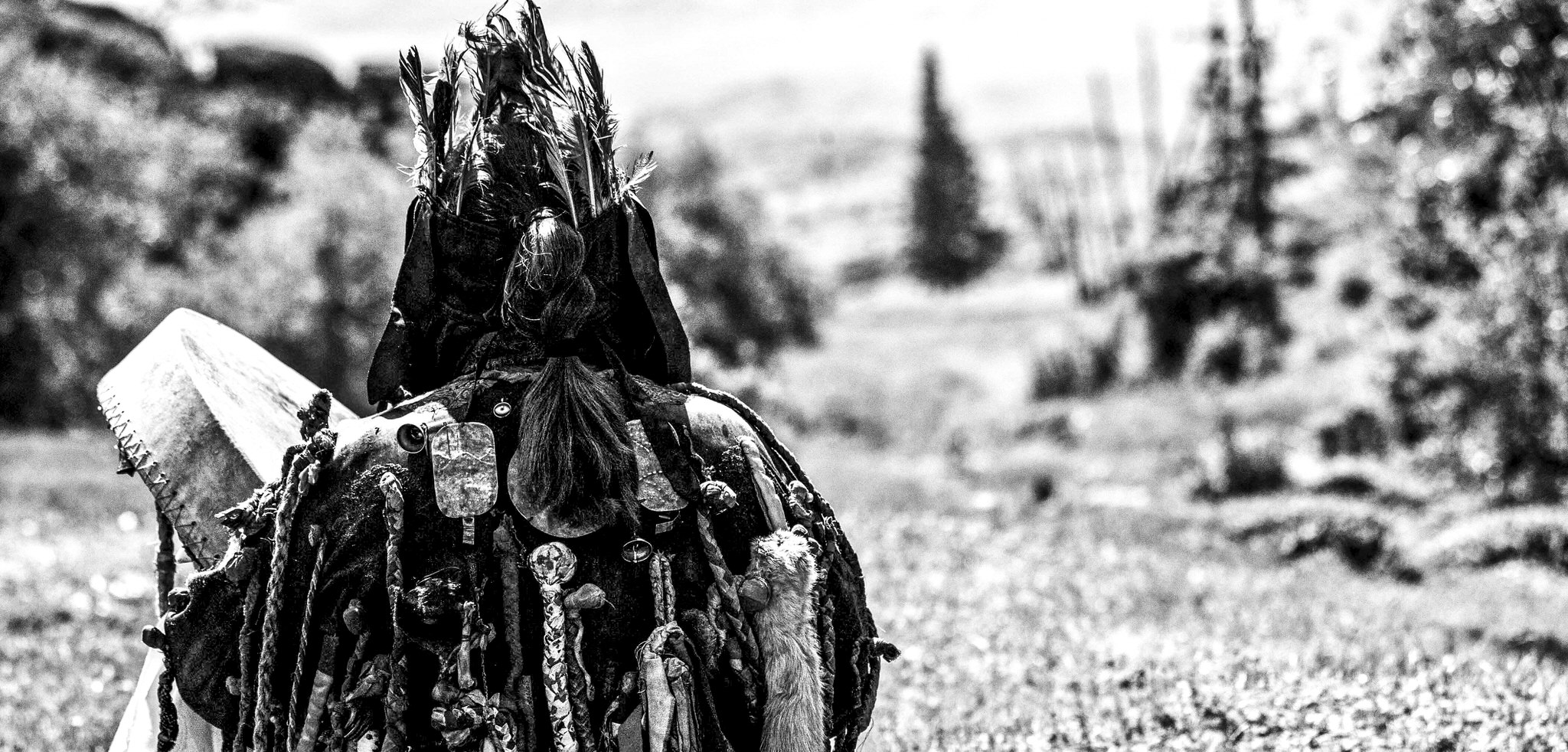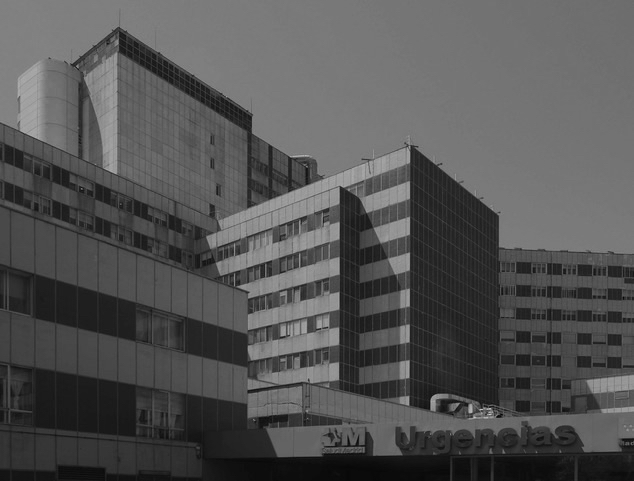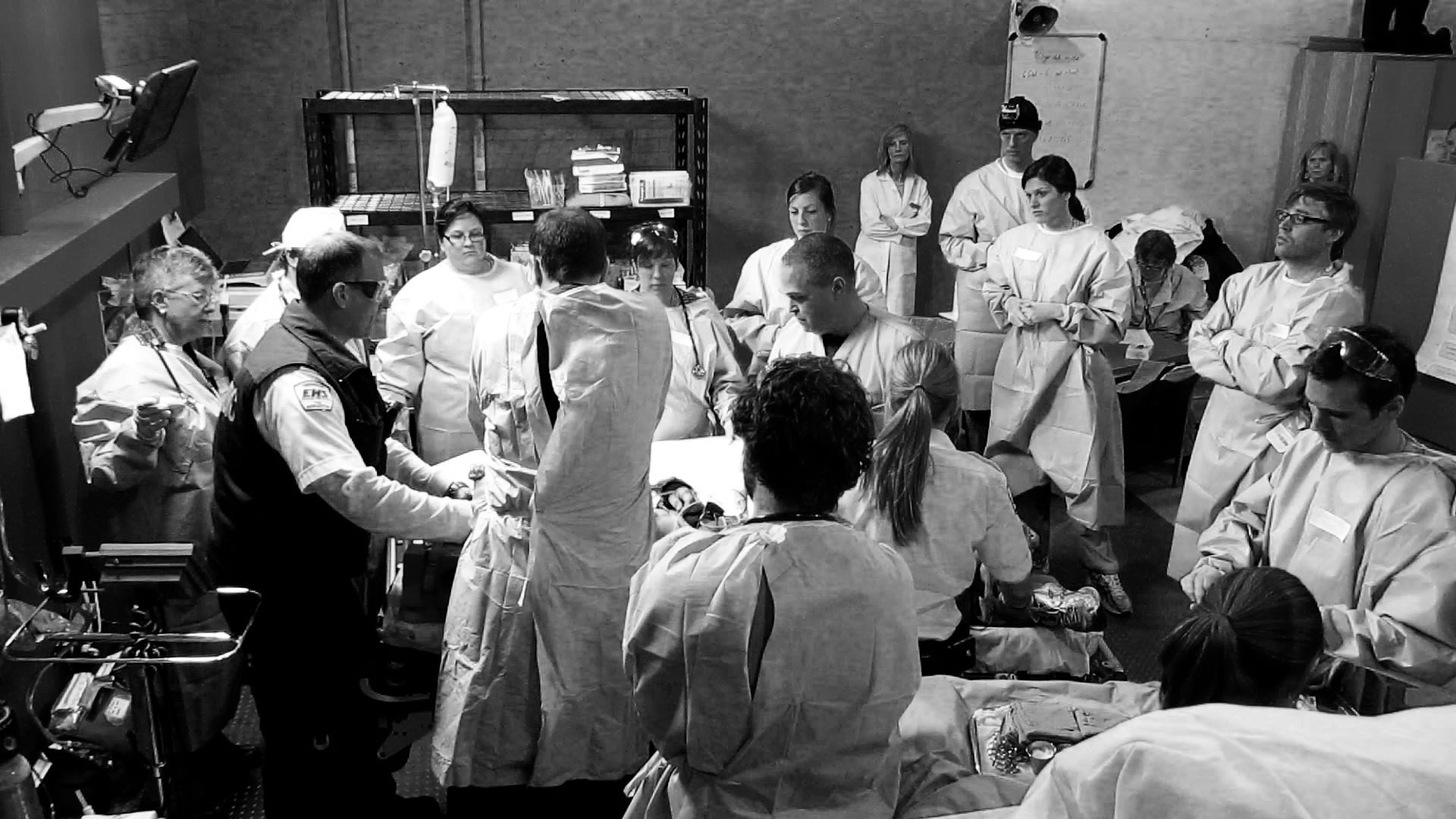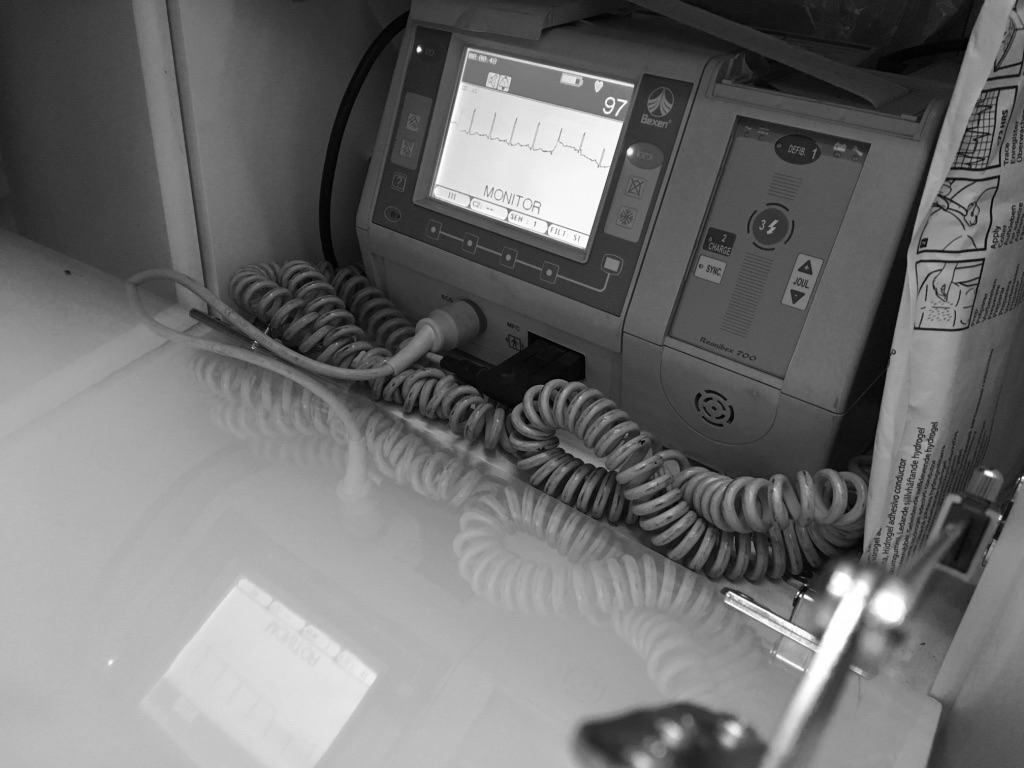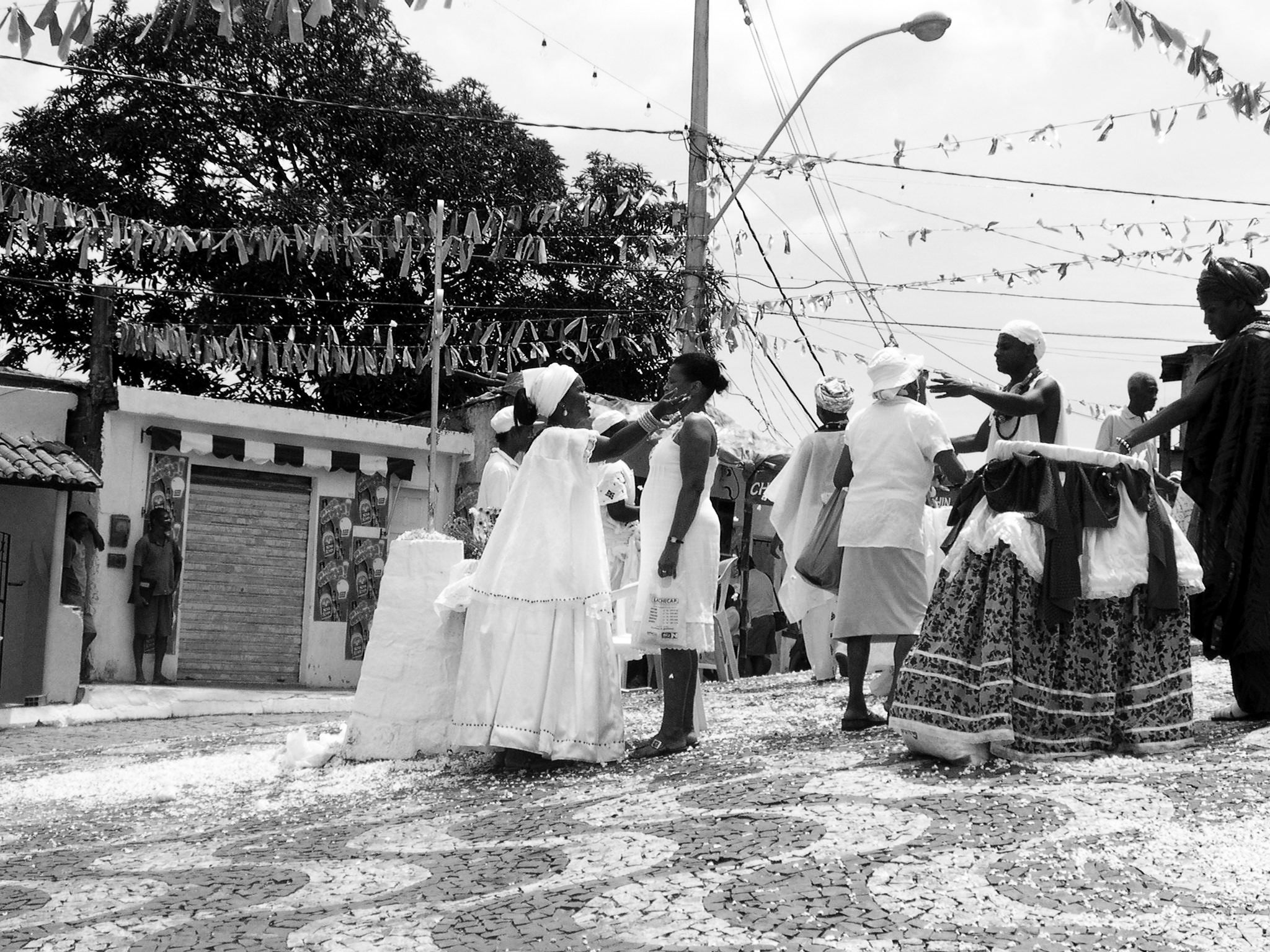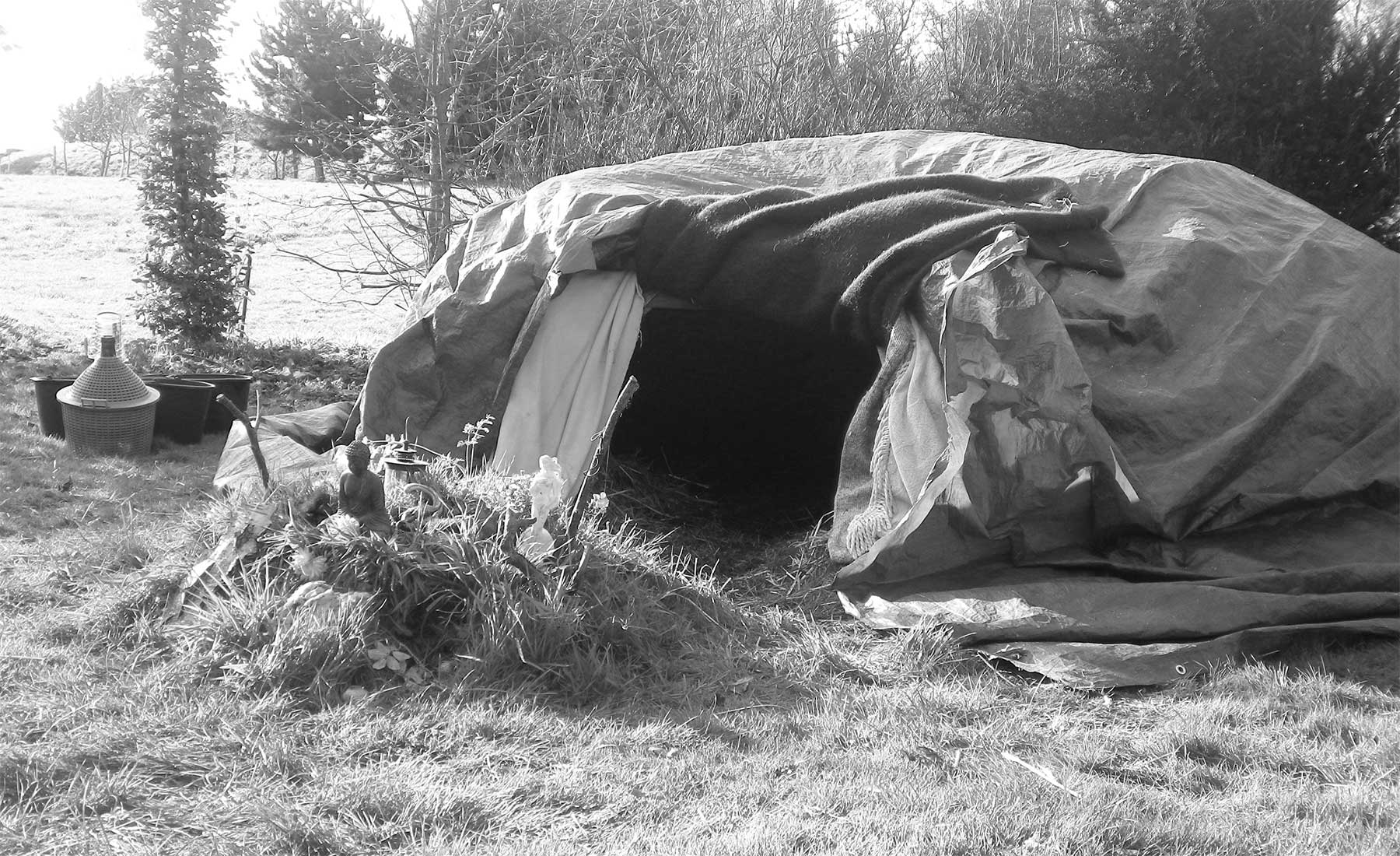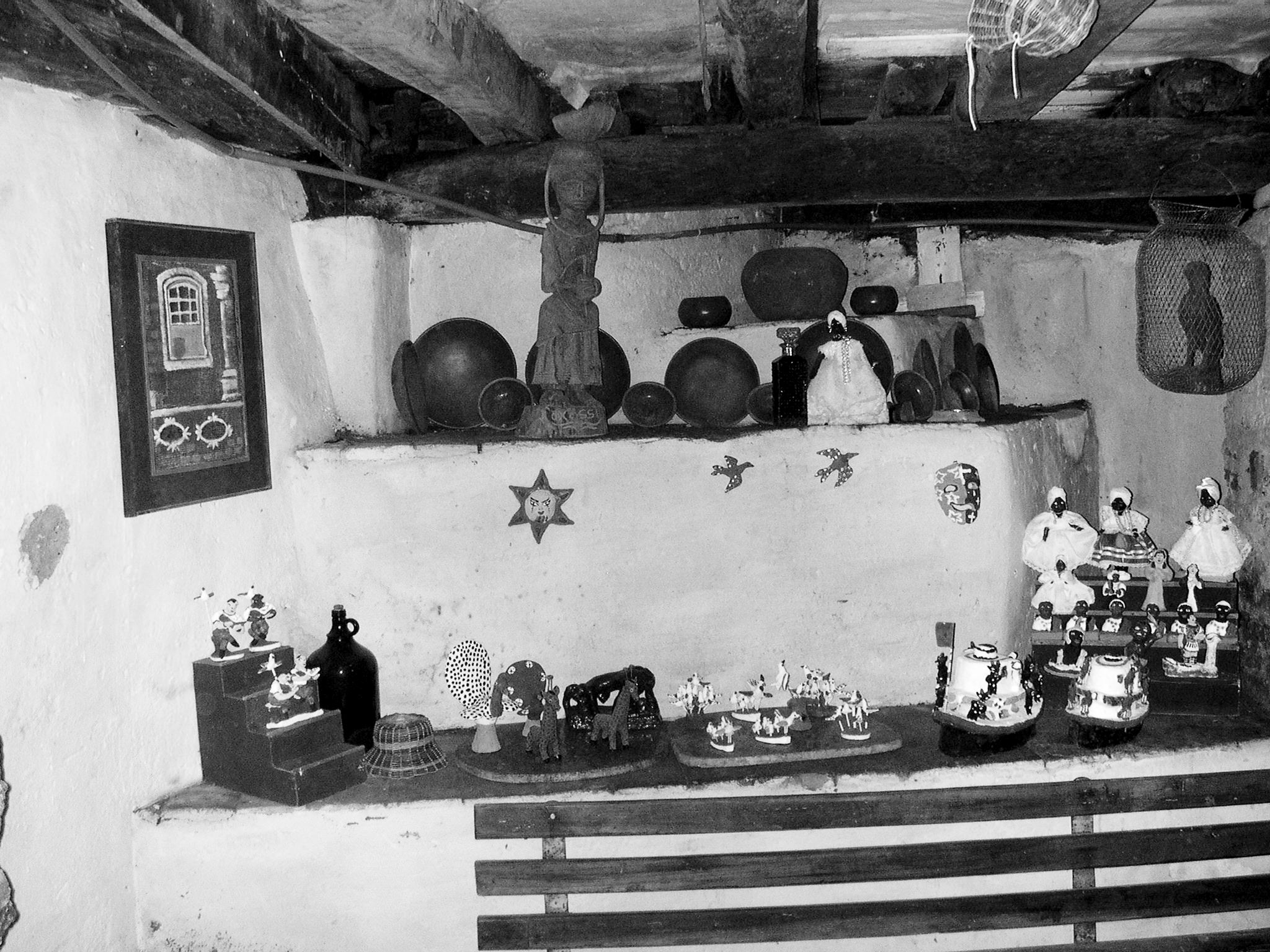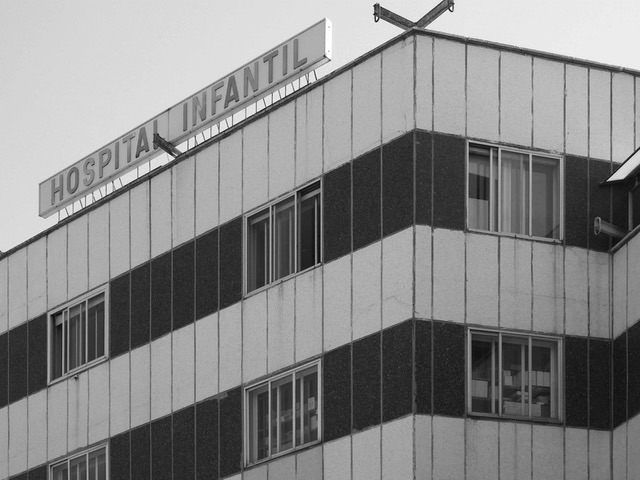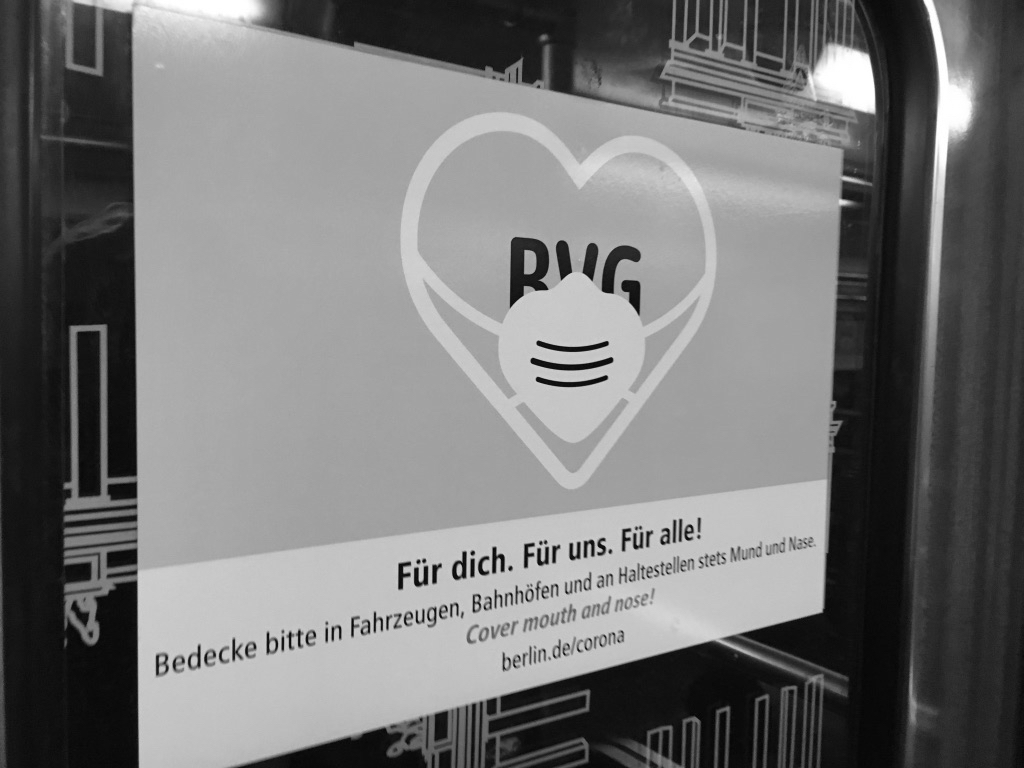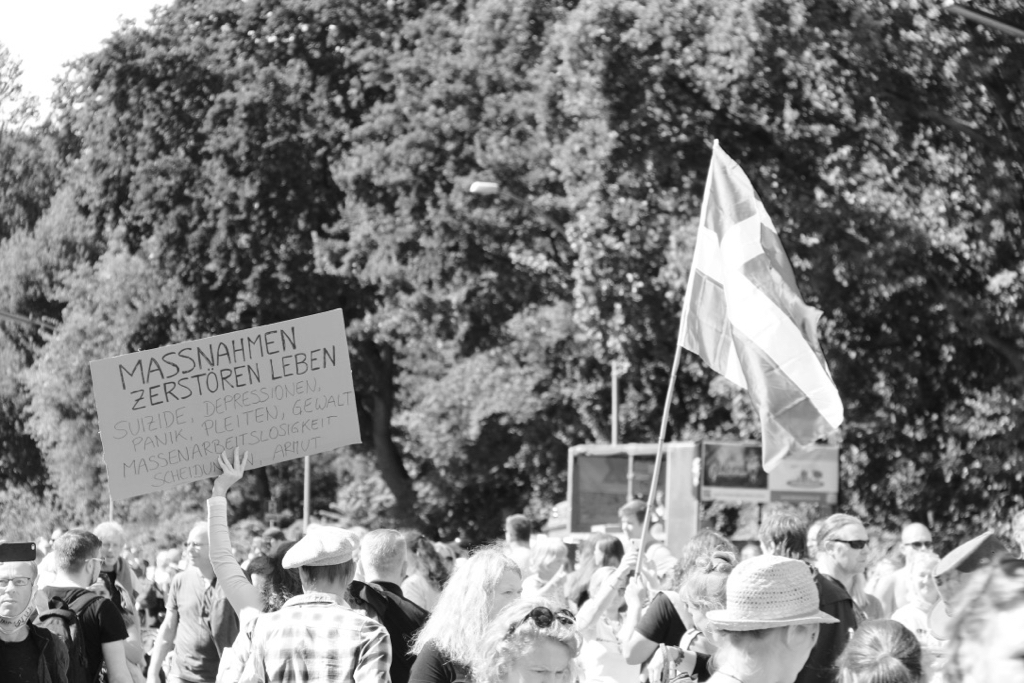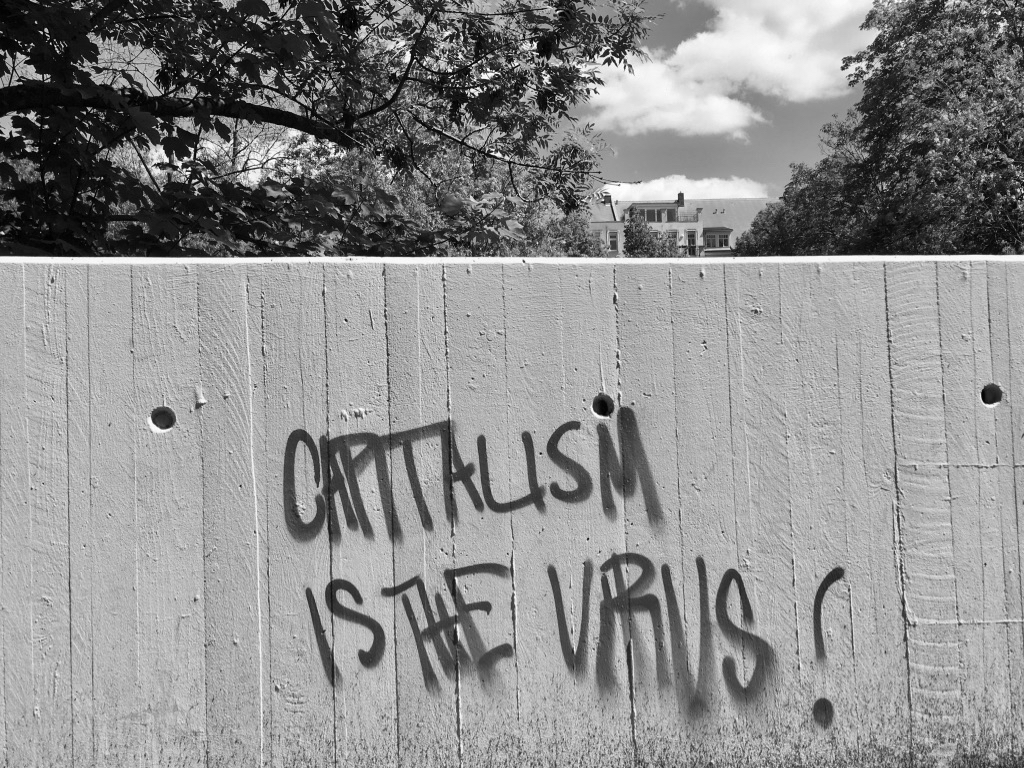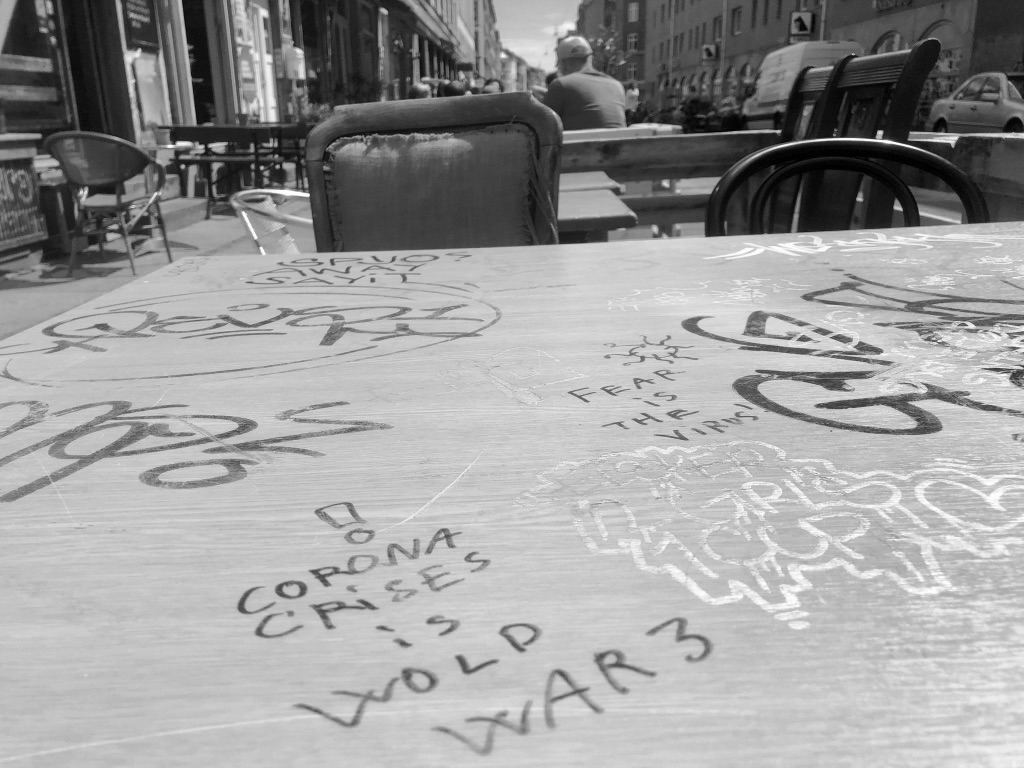AGEM
Willkommen bei der Arbeitsgemeinschaft Ethnologie und Medizin (AGEM)
Die AGEM ist ein 1970 gegründeter gemeinnütziger Verein mit dem Ziel, die Zusammenarbeit zwischen der Medizin, den angrenzenden Naturwissenschaften und den Kultur‑, Geistes- und Sozialwissenschaften zu fördern und dadurch das Studium des interdisziplinären Arbeitsfelds Ethnologie und Medizin zu intensivieren.
Was wir tun
- Herausgabe der Zeitschrift Curare
- Durchführung von Tagungen
- Dokumentation von Literatur und Informationen
Curare
Zeitschrift für Medizinethnologie
Veranstaltungen
Special issue on the topic „Sociotechnical imaginaries and practices of artificial intelligence in healthcare: revolutionising care or amplifying new risks?”
Call for Papers
CfP for a journal
CfP for the special issue „Sociotechnical imaginaries and practices of artificial intelligence in healthcare: revolutionising care or amplifying new risks?” in the Health Risk and Society, co-edited by Veronica Moretti and Francesco Miele.
We welcome contributions that critically explore the dual nature of artificial intelligence (AI): as a tool for innovation and as a system deeply embedded within complex social, technical, and ethical infrastructures. This special issue aims to balance the promise of AI with a critical examination of its risks, limitations, and potential vulnerabilities in healthcare contexts.
The full call for abstracts is attached. To participate, please submit a 500–800 word abstract by February 3, 2025. Authors of selected abstracts will be invited to submit full papers by July 21, 2025.
For any questions or inquiries, feel free to contact me at our institutional email: francesco.miele@dispes.units.it and veronica.moretti4@unibo.it
Ethnography for Healthcare Improvement Summer School
Konferenz
Summer School University of Leicester, UK
„Ethnography for Healthcare Improvement Summer School”
23rd-25th July, 2025
Leicester Tigers Rugby Club Events Centre in Leicester, UK.
This course is delivered by expert ethnographic researchers and practitioners from the Social Science, Applied Healthcare & Improvement Research (SAPPHIRE) Group at the University of Leicester.
This short course is designed for experienced researchers, methodology educators, and doctoral students to critically engage with the theory and practice of ethnography in healthcare settings. Over 3 days, you will learn more about the use of ethnography for healthcare improvement, from designing research to managing improvement and evaluation tensions, navigating different contexts, reaching audiences and influencing policy and practice. Additionally, you will have the opportunity to develop a network of fellow practitioners and researchers with shared methodological interests, work with experienced ethnographers as mentors, and join an international community of practice around ethnography for healthcare improvement. The cost of the 3 day course, including all education materials and activities, plus lunch and refreshments both days, is £1000. Transport to and from the venue and accommodation at is not included.
Registrations are strictly limited, and are now open at https://shop.le.ac.uk/product-catalogue/events-at-leicester/health-sciences/ethnography-for-health-care-improvement-summer-school-2025; bookings will close 20 June 2025. A waiting list will be maintained in the event of the course being over-subscribed. Please forward any questions to Jennifer Creese, course lead: jennifer.creese@leicester.ac.uk.
Best wishes, Dr Jennifer Creese (BA, MIM, PhD, AFHEA)
Lecturer, Department of Health Sciences (SAPPHIRE Group)
College of Life Sciences
University of Leicester
Encuentro transdisciplinar sobre saberes rituales, botánica curativa y espiritualidad mediterránea
Konferenz
Online transdisciplinary Event on Amazonian Medicine, Iberian Botany and the Eleusinian Mysteries (in Spanish)
Transdisciplinary Event on Ancestral Knowledge and Healing (in Spanish)
You are invited to take part in an upcoming online event held in Spanish, focused on ritual knowledge, traditional plant medicine and Mediterranean spiritual legacies. It brings together perspectives from clinical practice, ethnobotany, medical anthropology and the cultural history of health.
Title: Encuentro transdisciplinar sobre saberes rituales, botánica curativa y espiritualidad mediterránea
Date and time will be determined through consultation with participants and attendees. Late July, at least two hours long. The session includes open space for discussion and questions.
Speakers include
– Dr. Jacques Mabit, Takiwasi Center, Peru
– Laura Monteagudo and Fabio, Neuroscientist and folk medicine expert
– Alfredo Panivino, Expert on Eleusinian mysteries and ancient Mediterranean traditions
The event explores the clinical model and ritual practices of the Amazonian Takiwasi Center, Iberian folk medicine and plant knowledge, and the legacy of the Eleusinian Mysteries in the context of Mediterranean history and present-day recovery of lost pedagogies. Fuller details at: https://research.henning.md/p/encuentro-transdisciplinar-sobre
You are invited to propose your availability as new speaker, circulate the invitation, and join the discussion. Please, subscribe to the publication in case you wish not to miss further news.
2. EU BEACON One Health Education and Technology – Now an Awarded COST Action
I am pleased to formally announce that EU BEACON One Health Education and Technology, a network I founded years ago during what accounts to torture, the most severe abuses during fieldwork in the EU, has been officially awarded as a COST Action under the European Cooperation in Science and Technology framework. The action is now operational and open to new members, including researchers, clinicians, educators, technologists and policy actors. EU BEACON focuses on advancing transdisciplinary, rights-based and open science solutions for human, animal and planetary health. It addresses structural violence, epistemological gaps, ecological degradation and institutional inertia through coordinated education, field research and policy engagement. This is a working action, not an aspirational initiative. Its reach is global, as we need to bridge and connect cultures with the now lacking respect, tools and fair, most needed means. It is designed for structured implementation, supported by a growing network of scholars and practitioners across Europe and internationally. If you wish to join EU BEACON and contribute to its working groups, you are invited to express your interest through the portal: https://health.int.eu.org
I encourage and welcome active engagement from those committed to ethical, evidence-based transformation in health, education and technological governance.
All the best,
Henning (né Enric) Garcia Torrents
